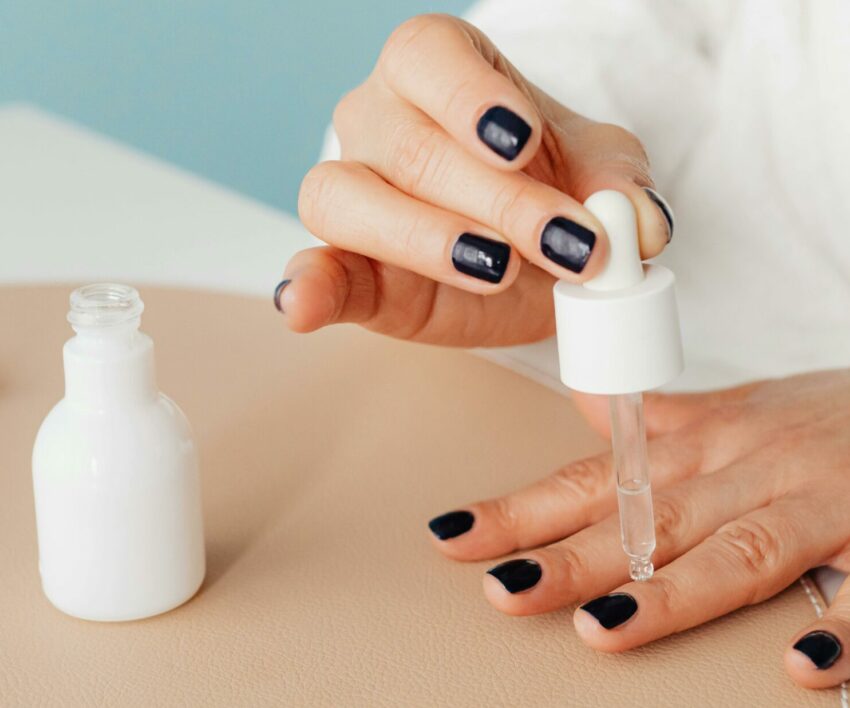But did you know that this routine might not be the best? Many of us are unaware that overnight charging can actually shorten the lifespan of our phone’s battery and even pose safety risks.
It’s a small change, but adjusting when and how we charge our phones can make a big difference.
Here’s why you might want to rethink that nightly plug-in and how you can keep your phone’s battery healthy for longer.
1. Battery life
Modern smartphones use lithium-ion batteries, which are designed to hold a charge efficiently. However, these batteries don’t like being at 100% charge for long periods. When you leave your phone plugged in overnight, it stays at full charge for hours. This constant high charge can wear down the battery over time, reducing its ability to hold a charge in the future. By avoiding overnight charging, you help your battery stay healthier for a longer period.
2. Heat can harm your battery
Charging your phone generates heat, and excessive heat is one of the worst enemies of a battery. When your phone stays plugged in and fully charged, it might get warmer than usual.
Over time, this heat can damage the battery’s components, leading to a decrease in performance. Charging your phone during the day when you can unplug it once it’s full helps prevent unnecessary heat buildup.
3. Energy waste
Leaving your phone plugged in all night can lead to unnecessary energy consumption. While modern chargers are quite efficient, they still draw a small amount of power even when the phone is fully charged. This might seem insignificant on a daily basis, but over time, it adds up. Unplugging your charger when it’s not in use is a simple way to save energy and reduce your electricity bill.
4. Safety concerns
Although rare, there have been instances where phones overheating during overnight charging have caused fires or damage. While most devices have safety features to prevent overcharging, no system is foolproof.
5. Better battery habits
Developing good charging habits can extend the life of your phone’s battery. Experts suggest keeping your battery level between 20% and 80%. Charging it in short bursts rather than letting it drain completely or stay at 100% for too long can be beneficial. This approach reduces stress on the battery and helps maintain its capacity over time.













